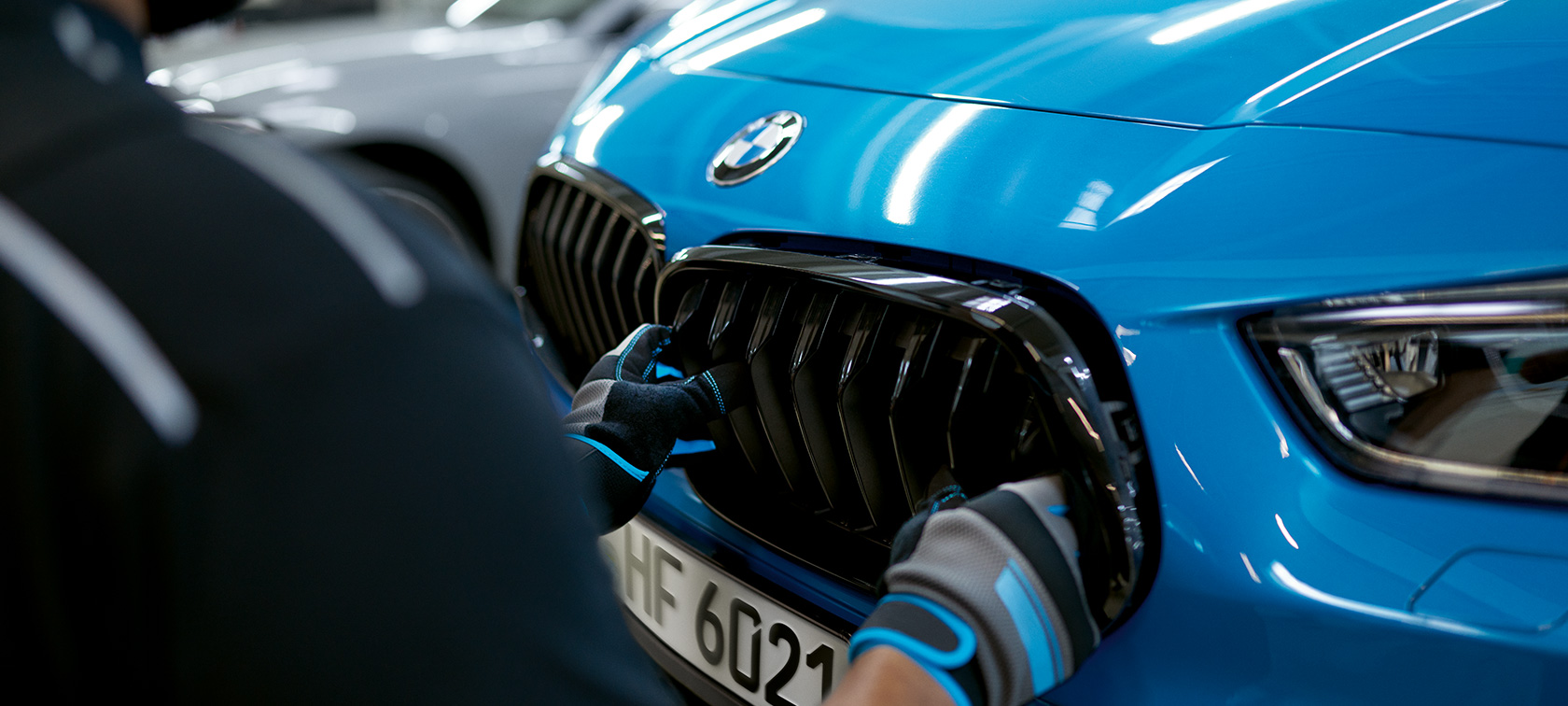Owning a BMW is a symbol of luxury, performance, and engineering excellence. As a premium brand, BMW vehicles are designed to deliver outstanding driving experiences, combining power, comfort, and style. However, like all high-performance machines, BMW cars require regular maintenance and occasional repairs to ensure they remain in top condition. Proper care not only enhances the driving experience but also helps extend the life of the vehicle, avoiding costly repairs down the road.

One of the most critical aspects of bmw repair is staying on top of regular maintenance. Scheduled services, including oil changes, brake inspections, and fluid replacements, are essential in preventing minor issues from turning into major problems. The engine oil, for instance, needs to be changed regularly to keep the engine running smoothly and prevent wear and tear. Similarly, brake pads and fluid should be checked periodically to ensure safe and effective braking performance. A well-maintained BMW can continue to offer impressive acceleration, handling, and fuel efficiency, all of which are trademarks of the brand.
The use of high-quality parts is another important factor in BMW repair. While aftermarket parts may seem more affordable, they may not meet the high standards set by BMW. Genuine BMW parts, or OEM (Original Equipment Manufacturer) parts, are specifically designed to work in harmony with the vehicle’s systems. These parts are built to the exact specifications of the car, ensuring optimal performance, durability, and safety. Whether it’s an air filter, spark plugs, or brake pads, choosing OEM parts is a smart investment in the longevity and reliability of the vehicle.
Electrical issues are increasingly common in modern BMWs due to their reliance on advanced technology. From infotainment systems to complex engine management systems, BMWs have an array of electronics that control various functions. A malfunctioning alternator, faulty sensors, or a failing battery can lead to problems ranging from reduced performance to complete breakdowns. Given the complexity of the electrical systems, diagnosing and repairing electrical issues requires specialized knowledge and tools. It’s essential to have these issues addressed by a mechanic who is familiar with BMW’s intricate electrical components to avoid further damage or costly repairs.
Transmission issues are also a significant concern for BMW owners. The brand is known for its smooth, responsive transmission systems that provide a seamless driving experience. However, transmission problems can occur over time, especially if the transmission fluid is not regularly replaced or if there is a leak. Transmission failure can be expensive to repair, making it even more critical to ensure that fluid levels are maintained and the system is regularly checked. Catching transmission issues early can help avoid the need for costly repairs or even a full transmission replacement.
Lastly, finding the right repair shop is key to ensuring your BMW receives the best care. While general repair shops may offer services for a range of vehicles, BMWs often require specialized expertise. A reputable BMW repair center will have mechanics trained specifically in the brand’s technologies and maintenance requirements. They will also have access to the right tools and equipment needed to perform repairs with precision. Establishing a relationship with a trusted mechanic or repair shop can help you maintain your BMW’s performance and ensure that you’re always driving a car that’s in optimal condition.
In conclusion, owning a BMW requires a commitment to regular maintenance and timely repairs. By addressing small issues early, using genuine parts, and trusting qualified professionals with complex repairs, you can preserve the car’s performance and longevity. Though repairs may sometimes be costly, investing in proper care can save you money in the long term and ensure that your BMW remains a joy to drive for years to come.
